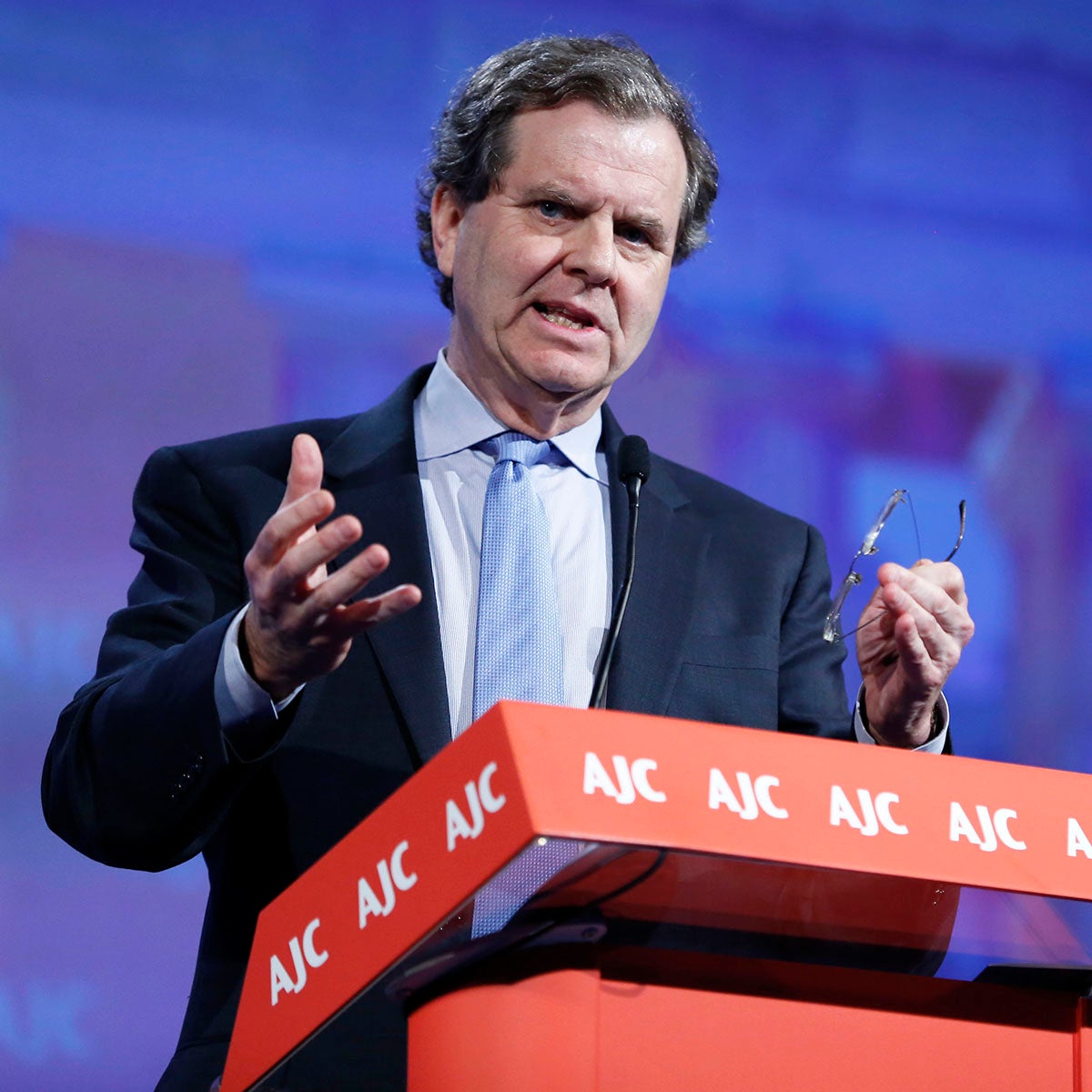September 24, 2018
This piece originally appeared in The Hill
These days, I consider myself an endangered species. I am a committed transatlanticist. Until just a few years back, that was rather unexceptional. No longer.
The gap is widening, mutual suspicion is growing, accusations are being leveled, and calls for unilateralism are being heard, especially coming from Washington.
Call me hopelessly, irredeemably naïve, but, as a son of America and grandson of Europe, I remain convinced that Americans and Europeans are joined at the hip by common foundational values and common existential threats, and thus by a common agenda.
Our shared values emanate from the building blocks of our respective societies: democracy, the rule of law, and respect for human dignity.
The ties that link this precious, ever-so-fragile community of freedom-loving nations must never be permitted to fray; they represent the best hope for the ultimate realization of a genuinely peaceful and prosperous world.
After all, these countries have renounced war as an instrument of resolving disputes among themselves. The weapons of choice when disagreements arise are diplomats and lawyers, not armies and suicide bombers.
Take Europe, historically, perhaps, the most blood-soaked continent on the planet. Since the inventive genius of France’s Robert Schuman and Jean Monnet in the postwar years to conceptualize a structure that would prevent future wars with Germany — namely, the process that led to today’s European Union — war has become unthinkable among member states. Indeed, the EU is the most ambitious and successful peace project in modern history, and, at its core, is not about the standardization of light bulbs but the protection of democratic values and mutual dependence.
In the same spirit, NATO has been the most effective collective defense pact in history. Given the charges leveled against it in Washington, it is important to remember that the only time Article V was invoked to support a member state under attack was immediately following 9/11. That member state was the United States.
The challenges facing us are, to an ever-increasing degree, transnational in nature — from terrorism to proliferation, from failing states to fanaticism in the name of faith, from climate change to mass migration, from pandemics to cyberattacks.
None of these challenges is unique to any one nation. Rather, they are as often as not overarching, requiring maximum intelligence-sharing, coordination and cooperation.
And none of these challenges is likely to be solved by any one nation or bloc going it alone, no matter how large or powerful. It may have become a cliché to speak of an interconnected world, but that’s our present — and foreseeable — condition.
An economic crisis in Greece reverberates in the United States. The 9/11 jihadists wreaked havoc in America, but some of them spent a lot of time moving around Europe beforehand and a number of the victims on that fateful day were European (and other foreign) nationals. Russia interferes with elections here, while also casting a long shadow on elections in European states. Foreign fighters flock to Syria and Iraq from both sides of the Atlantic.
To be sure, there are, and always will be, differences between Europe and the United States rooted in political rivalry, economic competition and divergent assessments, including today regarding Iran, Israeli-Palestinian issues and NATO.
In the larger scheme of things, however, and with a measure of goodwill rather than rancor and recrimination, these differences ought to be quite manageable. They certainly should not be permitted to overshadow our commonalities.
That’s why the American Jewish Committee launched a new transatlantic initiative — a pledge of unity and resolve — that notable European and American leaders have endorsed.
To quote from the text:
“We rise in defense of the precious alliance of democracies — and its treaties, institutions and norms — that has sustained peace and generated prosperity from the Cold War to the present day. As students of history, we know all too well the terrible price that has been paid when these principles were not respected and protected. … We are united in reaffirming our commitment to the rules-based international order … our confidence in NATO … our respect for the European Union … our determination to assure the integrity of the West’s intelligence, law enforcement and security agencies … our defense of democracy.”
The initial signatories include former presidents, vice presidents, prime ministers, national security advisers, secretaries of state, and ministers of defense and foreign affairs — among them former Vice President Joe Biden, Secretary of State George Shultz, British Prime Minister Tony Blair, French Prime Minister Manuel Valls, and German Foreign Minister Joschka Fischer.
Some would argue that the transatlantic partnership served another era and should be seen as a time-specific alliance that largely has outlived its usefulness. I beg to differ. The partnership’s future is not behind us. It needs to be very much in front of us.
David Harris is the CEO of AJC. Follow him on Twitter at @DavidHarrisAJC.



